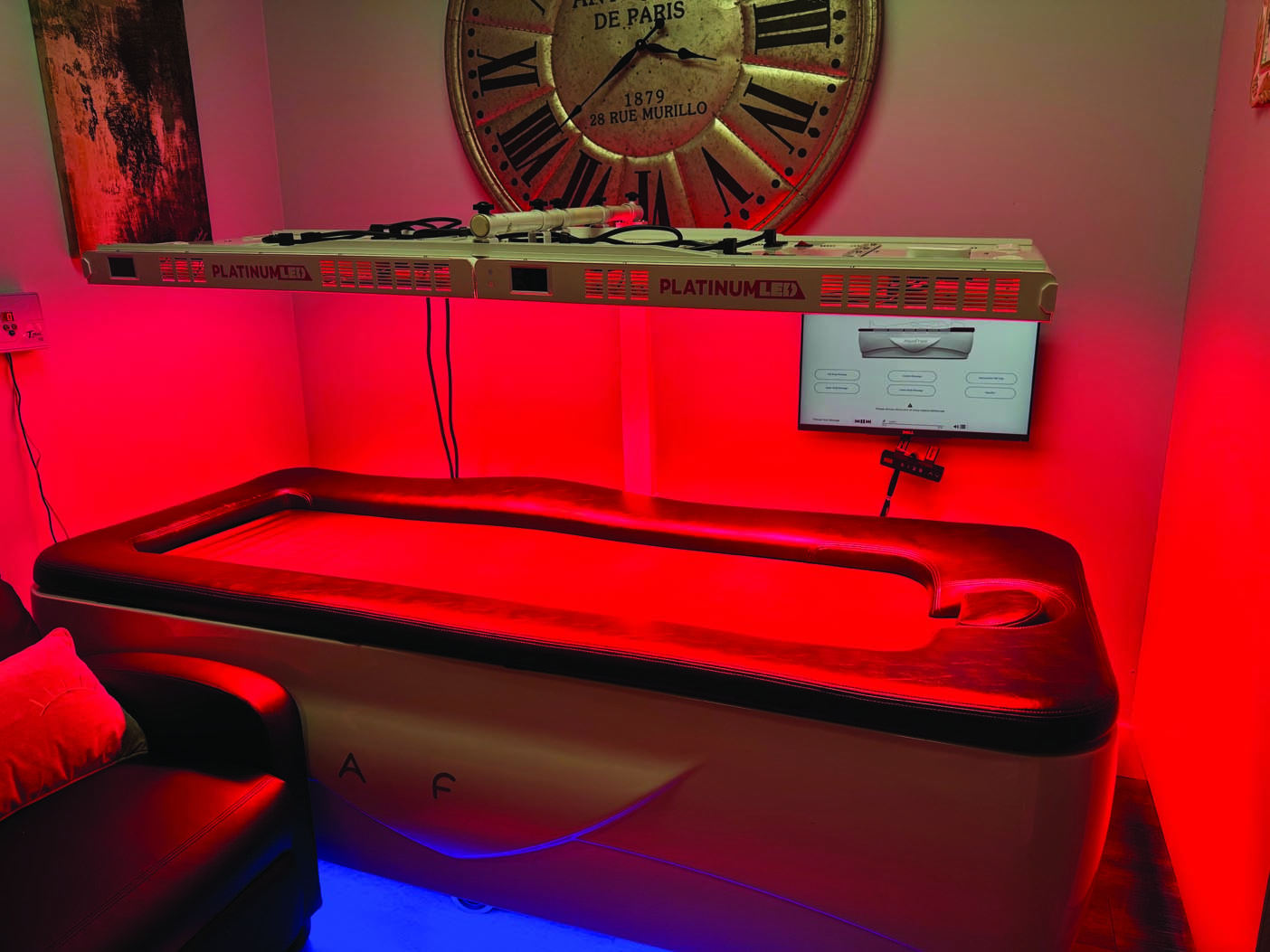In the UK, we have never had a nationwide problem with under-age tanning. Research conducted prior to the introduction of minimum age legislation showed the vast majority of tanning bed users were aged 16-35 and within that figure the percentage aged under 18 was very low. So, overall, it wasn’t a problem for salons in the UK when under-18 use was banned.
However, as with all businesses involved with age restricted products and services, there will be exceptions to the rule. Outside of the national average, there have been one or two locations around the UK where under-age tanning bed use was a problem. One such location is the city of Liverpool in the northwest of England. Very few of the salons in Liverpool are members of the UK’s tanning trade body, The Sunbed Association, and operating practices would therefore not always meet the high standards that the majority of professional salons exemplify.
Liverpool City Council recently decided to target the problem salons in its area, in particular those that were allegedly flouting the law and continuing to allow under-18s to use their tanning beds. However, what actually came about was not only a surprise, it appeared to be a questionable move by a public body looking to deflect responsibility. The Council partnered with Cancer Research UK (CRUK) and launched a campaign calling for further regulation and nationwide licensing of indoor tanning salons.
If there wasn’t any regulation or legislation in place, then this would not have been a bad call to action. However, what the campaign erroneously omitted to say was that existing laws, regulations and guidance were already in place and had been for a number of years. In order to be effective, the previous law requires those with the appropriate authority, in this case the local regulatory bodies (the Trading Standards office of Liverpool City Council), to inspect and ensure compliance, and where compliance was lacking, take appropriate action.
The concern I have is that prior to this campaign, there does not appear to have been any proactive activity by Liverpool City Council to use its authority and invoke the power of the national laws and regulations in place, clamping down hard on any tanning salon businesses found to be breaking the law.
Liverpool City Council, indeed all local authorities, have the authority and duty to enforce compliance with legislation and regulation through Trading Standards. If an operator is found to be breaking the law, local authorities have the ability to impose significant fines of up to $30,000 and shut unscrupulous businesses down.
I would certainly be amongst the first to accept that finances and resources in local councils are under severe pressure and that the Trading Standards office in local authorities has a very wide remit, having to make tough decisions on priorities. However, on this occasion, Liverpool City Council failed to acknowledge it represents one of just a handful of areas nationally to have this problem and, therefore, in my opinion it was inappropriate and completely unnecessary to position it as a national issue.
The only positive I can take from this experience is that having created awareness of its local and almost unique problem with a national audience, Liverpool City Council must now act upon its own call to action and ensure that the rogue tanning salon operators under its jurisdiction are dealt with appropriately.
























